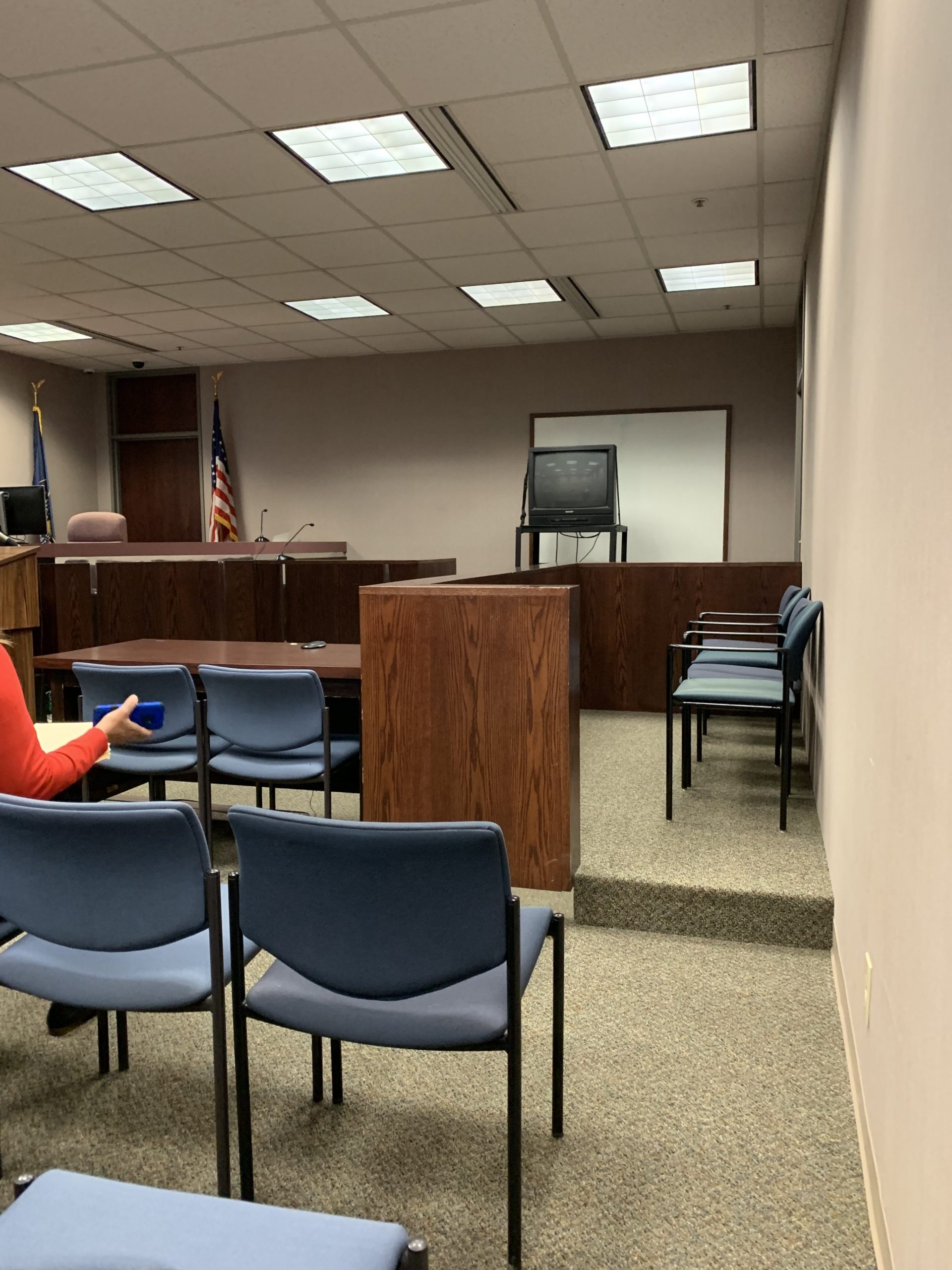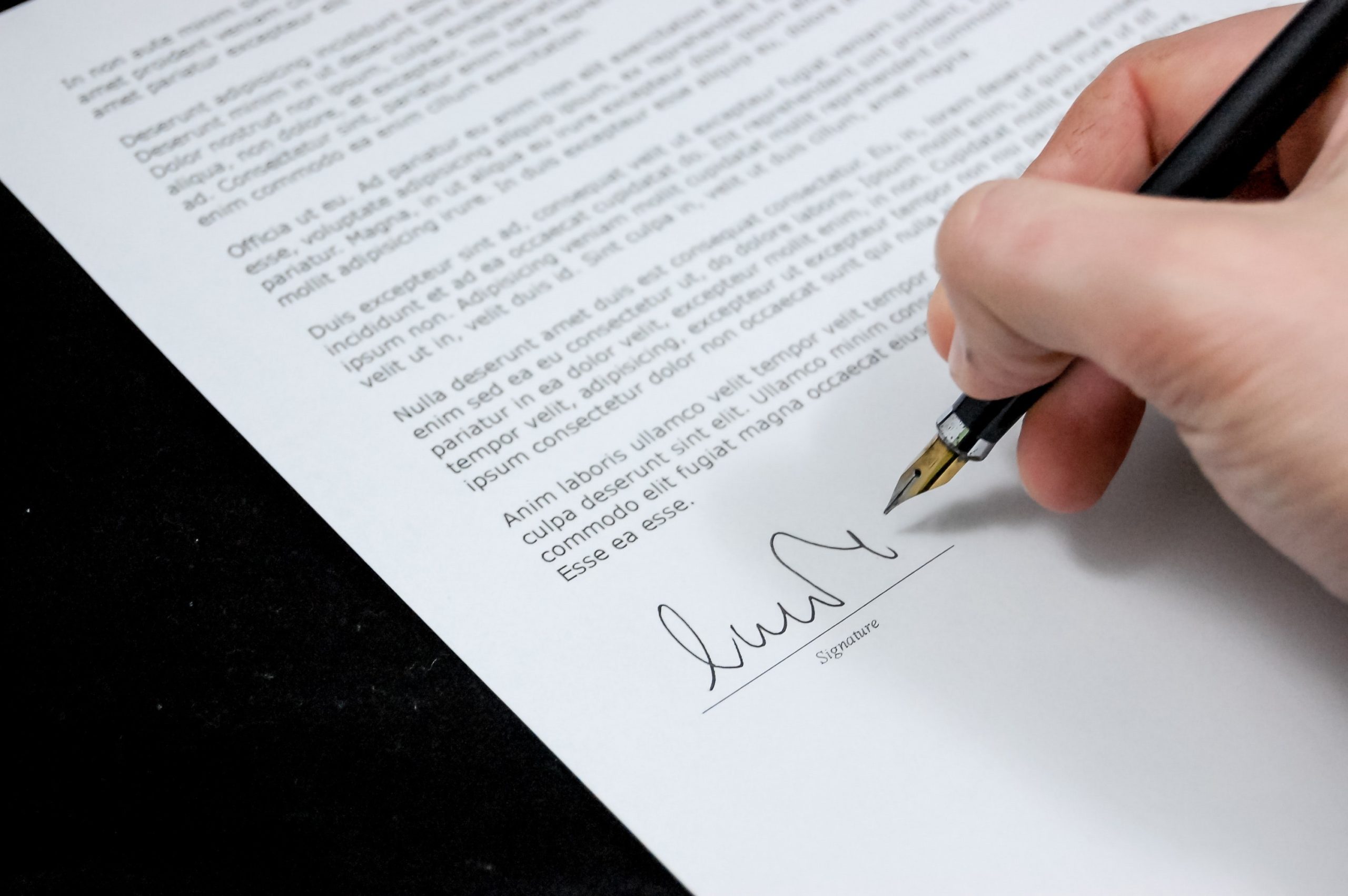
If you are contacted by a third-party debt collector (a company or person who is trying to collect a debt on behalf of the original creditor), you need to make sure that you request the debt collector validate the debt. Debt collectors are governed by the Fair Debt Collection Practices Act, a Federal law that tries to clamp down on the predatory practices of debt collectors. That law requires debt collectors to provide you with the following within five days after their initial communication with you:
- the amount of the debt;
- the name of the creditor to whom the debt is owed;
- a statement that unless you, within thirty days after receipt of the notice, dispute the validity of the debt or any portion of the debt, the debt collector will assume the debt to be valid;
- a statement that if you notify the debt collector in writing within the thirty-day period that the debt or any part of the debt is disputed, the debt collector will obtain verification of the debt or a copy of a judgment against you and will mail you a copy of the verification or judgment;
- a statement that upon your request within a thirty-day period, the debt collector will provide you with the name and address of the original creditor if the original creditor is different that the current creditor.
Within 30 days of receiving that communication you should send the debt collector a debt verification letter. This letter should inform the debt collector that you dispute the debt and that you request the name and address of the original creditor and a request that the debt collector cease all collection efforts until the debt collector obtains verification of the debt and provides that information to you.
If the debt collector does not provide this information, they must stop collection of the debt. This is the ideal response for you, because it means that the debt collector has no way to make you pay the debt. And if the debt collector then tries to continue collection efforts (by, for example, suing you), then you would have a claim against the debt collector for at least $1,000.
So if a debt collector doesn’t respond to your debt verification request, your next steps are simple. But what if the debt collector responds by providing the information requested? What should you do then?
What to do after a debt collector verifies the debt
The first thing you should do after receiving debt verification information is to review the information carefully. Did the debt collector provide all of the information you requested? If not, and they resume collection activities, then you may be able to sue them under the Fair Debt Collection Practices Act.
If the debt collector does provide all the information requested then you need to review the information to determine if it is accurate and if it applies to you. For example, you can ask yourself the following questions:
- Do I know what the original debt was for?
- Is the debt the correct amount?
- Have I already paid this debt?
- Am I the correct person being contacted about the debt?
If the information is incorrect, you should contact the debt collector and provide them with the correct information. For example, if they have perhaps contacted the wrong person (maybe you have a similar name), you should provide them information that demonstrates you are the wrong person.
But what if they information they provide is correct? In that case, you need to start negotiating. When you communicate with the debt collector, you shouldn’t outright admit that you owe the debt. Stay vague when talking about whether you owe or not. Be aware that the debt collector will try and talk to you and try to get an admission from you that you owe. All of your conversations will probably be recorded. So without admitting you owe anything, start negotiating!
How do you negotiate a debt?
If a debt collector can show you that you owe the debt and that they own the debt, then it’s time to start negotiating. When it comes to a negotiation with a debt collector, you can reach an agreement that has you paying all or some or none of the debt. It really just depends on what the debt collector will agree to. This is the real benefit of negotiating and settling a debt over going to court. In court, a judge or jury will decide how you much you owe. There typically is no payment plan or reduction because you just don’t have the funds to pay. But in a settlement, the sky is the limit as to the type of agreement you can reach.
That being said, there are some common types of settlements in debt collection cases. The first, and probably most common, is a payment plan. In a negotiated payment plan, the parties agree that the debtor will pay the full amount over time in installments. But if you are negotiating, there are no rules as to how big the payments must be or over what time period the debt must be paid. As long as the debt collector will agree to terms, you can settle the case.
For example, if you have a $5000 debt, you could agree to pay $1000 per month for the next five months. The debt collector may want you to pay interest, so maybe they want the payments to be $1050 per month for five months. Alternatively, you could offer to pay $2,500 a month for two months, and try and convince the debt collector to drop the interest.
A second type of debt settlement is a lump sum payment for less than the amount owed. The debt collector probably understands that it will be difficult, or at the very least costly and time consuming, for them to obtain a judgment, so they may be willing to take less than the total amount you owe. If you are willing to pay a lump sum up front rather than smaller payments over time, many debt collectors will agree to dismiss the case in exchange for a lump sum payment less than the full amount owed. How small could that amount be? It depends on what the debt collector will agree to. When negotiating, make sure to point out all the reasons why it would be difficult to collect from you.
You could also do a hybrid approach. You could offer a larger payment up front with smaller monthly payments after that, which all total less than the full amount of the debt.
If you reach an agreement on payment for a debt, you always want to make sure that you get the agreement in writing, preferably signed by you and the debt collector. You don’t want the debt collector to come back later and say the terms of the agreement are different than what they really were.
I recently negotiated a debt on behalf of a client, and we memorialized the agreement in writing. The judge then asked us to report on the terms of the settlement. The attorney for the debt collector misrepresented the agreement, stating the correct amount of the monthly payments, but also saying that my client owed interest as well. But we hadn’t included interest in the final amount. The judge relied on the terms of the written agreement and ruled that my client didn’t owe interest. The attorney later told me that his client insisted on receiving interest, but we didn’t budge and ultimately won.
The other thing you want to do when you negotiate a debt is make a dismissal of the court case part of the agreement. Once the payments are made, the debt collector should ask the court to dismiss the case against you so it is not still pending. It would be even better if you could negotiate that the debt collector dismiss the case as soon as a settlement is reached, rather than after the payments are made. This way, if miss a payment, the debt collector can’t turn around and obtain an immediate judgment for failure to meet the terms of the settlement agreement. They would instead have to file an entirely new case against you alleging breach of contract for violating the terms of the settlement agreement.
Learn How to Negotiate With Debt Collectors
While the concepts behind negotiating with debt collectors are simple, in practice it can be difficult. Debt collectors deal with hundreds or even thousands of cases every day. They know common negotiation tactics. They know when debtors bluff (usually about filing bankruptcy). And they have much more experience than you in court and with negotiating.
If you need help learning how to negotiate with debt collectors, I’d love to help you. I teach online courses about how to negotiate a debt settlement. The courses are approximately one hour and taught via videoconference. If you are interested in learning more, send me an email at contact@debtbrief.com for more information.
And if you want to learn more about how to defend yourself against debt collectors, sign up for our email list below.



